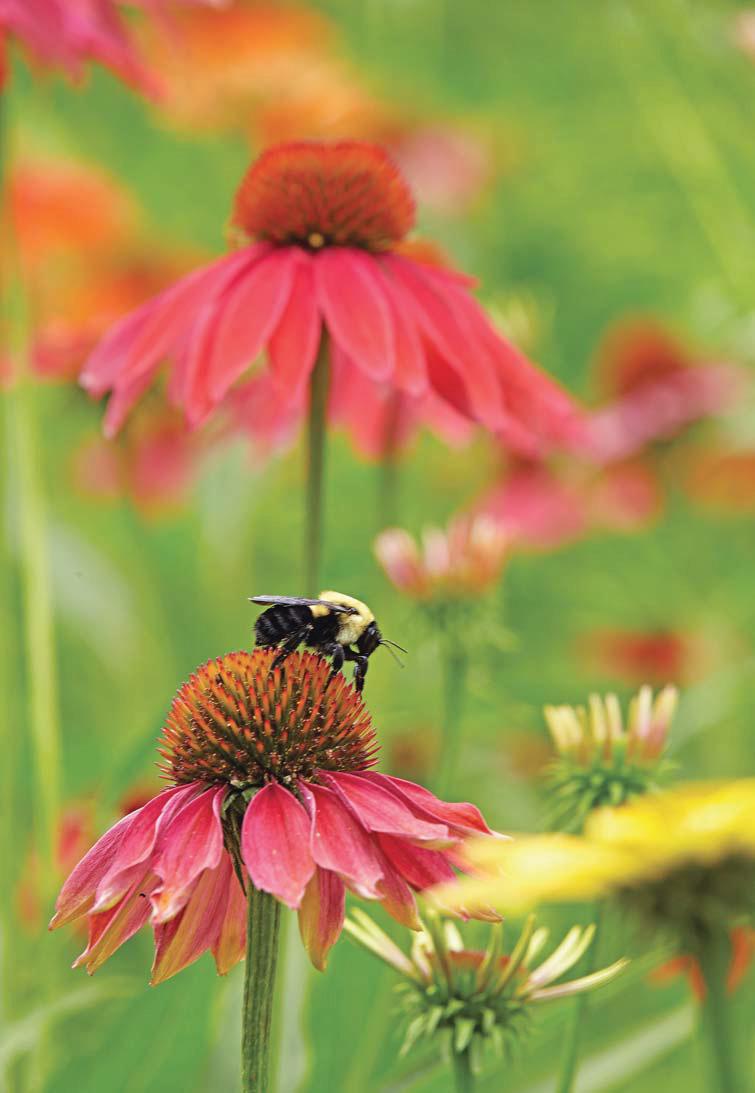
AS A GARDENER, I'm gradually finding my way to a new appreciation of insects.
When I was learning this craft 50 years ago, I regarded any creature of that sort as a threat, something to be greeted with toxic sprays. I gravitated toward plants advertised as “pest-free.” That generally meant the plant was an import from abroad, one that our native North American insects wouldn’t recognize and use as a food source. But since then I’ve learned the vital role that insects, especially native insects, play in the garden ecosystem. They serve as a food source for birds and other creatures up the food chain, and they are also essential as pollinators.
I learned to be thankful for insects, but recently I’ve been moving beyond gratitude to admiration. My attitude toward bees, for example, was transformed by a recent conversation with Dr. Lars Chittka, a professor at Queen Mary University of London and the author of a fascinating new book: The Mind of a Bee (Princeton University Press, 2022).
Previously I had regarded bees, especially honeybees, as the quintessential example of the hive mind. That is, driven by instinct the whole hive shares a single consciousness, with all the members functioning as interchangeable cogs in a biological machine. But Dr. Chittka assured me that I could not be more wrong.
هذه القصة مأخوذة من طبعة March - April 2023 من Horticulture.
ابدأ النسخة التجريبية المجانية من Magzter GOLD لمدة 7 أيام للوصول إلى آلاف القصص المتميزة المنسقة وأكثر من 9,000 مجلة وصحيفة.
بالفعل مشترك ? تسجيل الدخول
هذه القصة مأخوذة من طبعة March - April 2023 من Horticulture.
ابدأ النسخة التجريبية المجانية من Magzter GOLD لمدة 7 أيام للوصول إلى آلاف القصص المتميزة المنسقة وأكثر من 9,000 مجلة وصحيفة.
بالفعل مشترك? تسجيل الدخول

Pot It Up
Shake up the containergarden with theseNorth America –native perennials
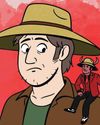
THE GARDEN PATH TO PERDITION
I WAS CRUISING RIGHT ALONG, feeling okay about myself, when I came across a list of the Seven Deadly Sins.
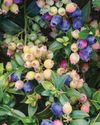
A Productive PATIO
Tiny fruit, vegetable and herb plants help gardeners maximize any sort of growing space
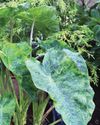
TROPICAL FUSION
A FUSS-FREE APPROACH TO USING BOLD TROPICAL PLANTS IN ANY TEMPERATE GARDEN

WINTER READING
Pass the time with any of these inspiring books
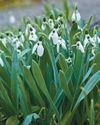
SENSING A PATTERN
Greg Coppa reflects on an odd weather year and what continued warming may mean for his Rhode Island garden
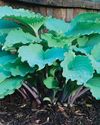
TOP-PRIZE PERENNIALS
A foliage masterpiece for shade and a late bloomer for sun

MARK WESSEL
What's new for fruit and vegetable gardeners?
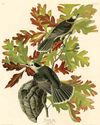
KINGS OF THE NORTHERN FORESTS
A look at the trees, shrubs and perennial plants that bolster life in Ecoregion 5
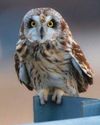
PROJECT FEEDERWATCH
Gardeners can help scientists know just where the birds are in winter